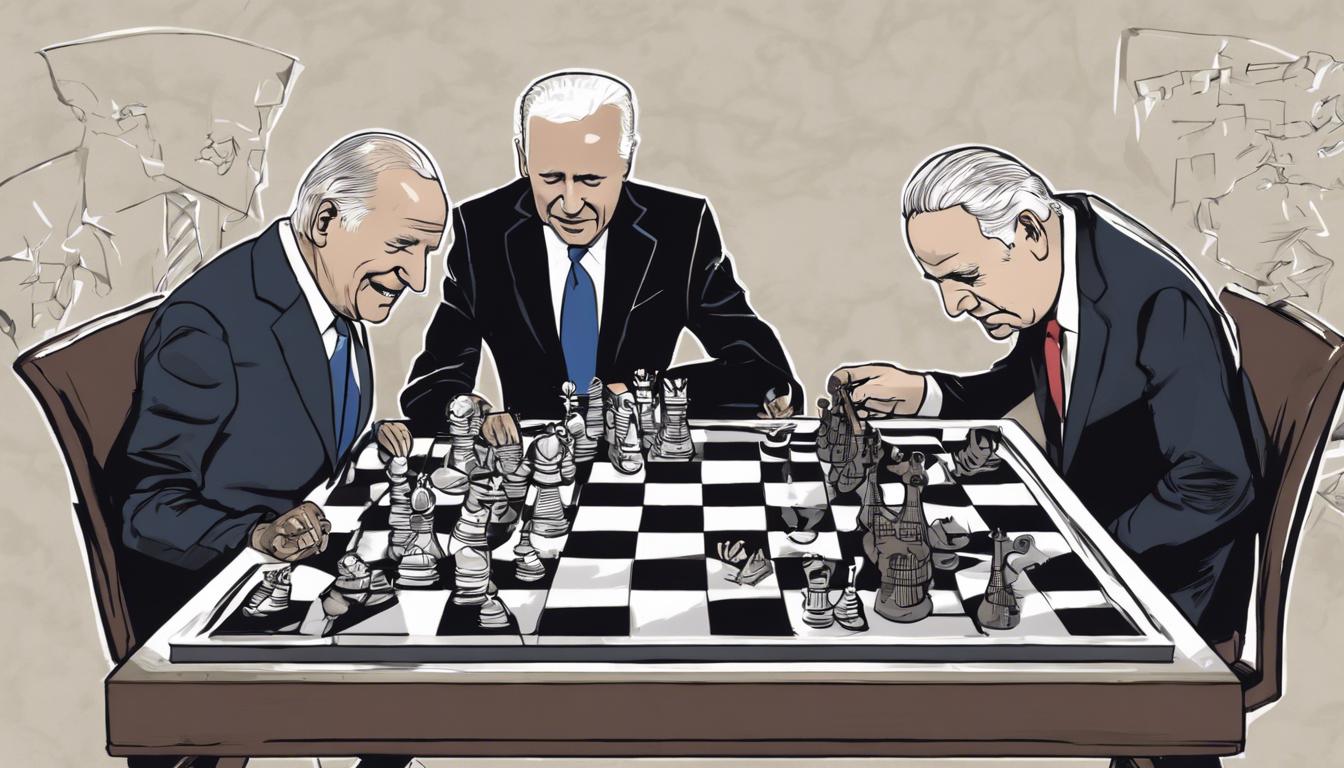President Joe Biden supports top Democrat Chuck Schumer’s critique of Israeli Prime Minister Benjamin Netanyahu’s handling of the Israel-Gaza conflict, marking a significant moment in the shifting dynamics of US-Israel relations.
In a recent development that underscores growing tensions between the United States and Israel, President Joe Biden has publicly supported top Democrat Chuck Schumer’s critique of Israeli Prime Minister Benjamin Netanyahu’s leadership amidst the Israel-Gaza conflict. Schumer, a long-standing ally of Israel in the American political landscape, has called for elections in Israel to replace Netanyahu, accusing him of prioritizing his political survival over the nation’s best interests and warning of Israel’s potential isolation on the international stage.
While Biden did not directly endorse Schumer’s call for Israeli elections, he praised the Democrat for vocalizing concerns that resonate with many Americans, particularly regarding the handling of the conflict in Gaza. This exchange of endorsements and criticisms has been met with immediate rebuke from Israeli leaders, emphasizing the importance of respecting the choices of the country’s elected government.
These discussions come at a critical time when the ongoing war in Gaza and the resulting humanitarian crisis not only strain the relations between the U.S. and Israel but also influence global political dynamics, as highlighted in The Telegraph’s “Battle Lines” podcast. The podcast, covering various global hotspots including the situation in Ecuador, Sudan, and the experiences of hostages in Hamas tunnels, reflects the complex geopolitical landscape and shifting alliances.
Biden’s comments, reflecting dissatisfaction with Netanyahu’s strategies particularly concerning civilian casualties in Palestine and the broader approach to the conflict, mirror a changing stance within American politics towards Israel’s leadership. While senior Republicans have critiqued Schumer for allegedly meddling in Israeli politics, Biden maintains his commitment to supporting Israel’s right to self-defense, albeit with an urgent call for a reduction in civilian casualties and a temporary ceasefire to address the humanitarian needs in Gaza.
This evolving dynamic between the U.S. and Israel, especially concerning leadership and conflict management, marks a notable shift that could significantly impact future diplomatic relations and political supports.













